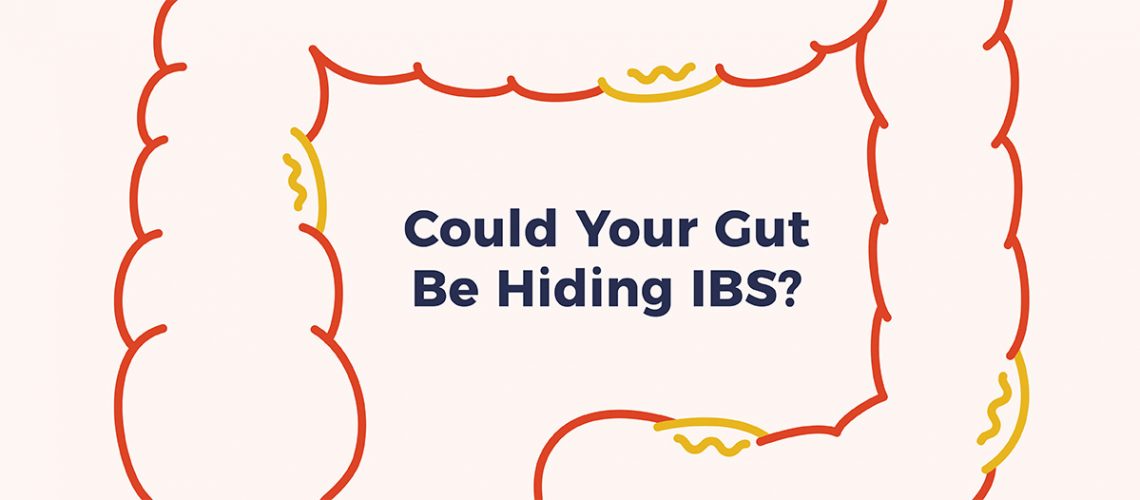Digest This
Click on the topics below to learn how probiotics can improve your digestive health, naturally.

Could Your Gut Be Hiding IBS?
- @drHoberman
- Digestive Health
Could Your Gut Be Hiding IBS?
Gastroenterologists diagnose more patients with irritable bowel syndrome (IBS) than any other gut-health condition.
But that familiarity doesn’t always mean more clarity, which can be more problematic given the three most common subtypes of IBS: IBS-C (constipation), IBS-D (diarrhea) or IBS-A (a mix of diarrhea and constipation).
A recent study appearing in the journal Gut may shed new light on the roots of IBS, especially for those dealing with diarrhea symptoms from IBS-D.
Bacteria In Hiding
The culprit is Brachyspira, a bacterial “family” composed of seven different invasive species. Two of those seven species harm humans and trigger diarrhea, abdominal pain and weight loss.
The fascinating part of this study was how researchers at the University of Gothenburg (Sweden) actually found samples of Brachyspira while comparing the gut health of 62 IBS patients with 31 healthy volunteers.
Fecal samples are often the most direct and easiest approach used by scientists to examine gut health issues, yet samples collected in the study provided no evidence of the sickening bacteria.
Brachyspira was eventually found “hiding” in biopsies of colonic tissues collected from nearly a third of the IBS patients tested, but not in biopsies of healthy patients. What’s more, patients infected with Brachyspira primarily suffered from IBS-D.
Antibiotics Are No Answer
So, scientists took the next step in the process to determine if they could treat IBS-D patients with a common weapon: Antibiotics. Patients were instructed to take 500 mg doses of the antibiotic metronidazole three times a day for two weeks.
Yet, antibiotics didn’t eradicate the problem due to more “hiding” by Brachyspira inside intestinal cells, according to Dr. Karolina Sjöberg Jabbar.
“This appears to be a previously unknown way for bacteria to survive antibiotics, which could hopefully improve our understanding of other infections that are difficult to treat.”
The Next Step
These unusual findings have left researchers curious about the connections between IBS and Brachyspira, and open to non-drug treatments that may be more effective, like probiotics.
Probiotics are proven, versatile tools for treating diarrhea and shortening its duration, maintaining the motility in your intestines that eases constipation and always keeping your gut-brain axis in balance.
When you’re looking for a good probiotic, make sure this supplement is formulated with multiple strains of beneficial bacteria from the Lactobacillus and Bifidobacterium families, along with a prebiotic to give your gut as much help for treating IBS.
EndoMune Advanced Probiotic covers all of the bases on your checklist to treat IBS safely and effectively and restoring the healthy balance of bacteria in your gut.
References
There Is An Endomune Probiotic For Every Lifestyle
-
EndoMune Metabolic Rescue
$44.95 -
EndoMune Advanced Probiotic
$42.95 -
EndoMune Companion Pack
$112.93









